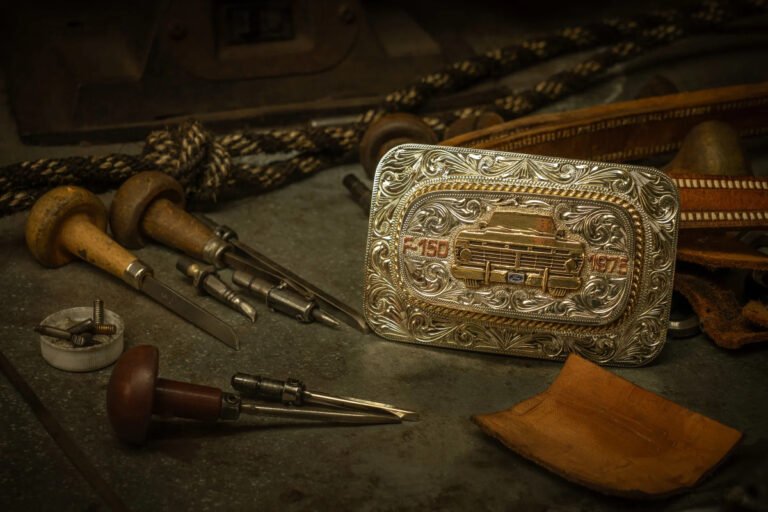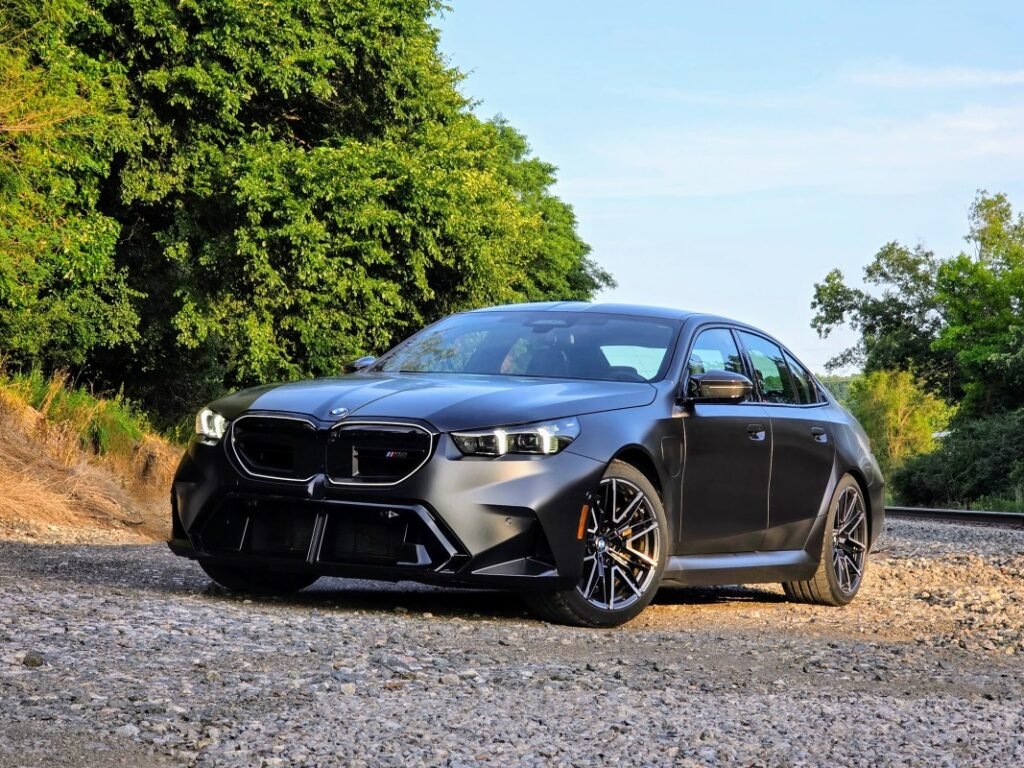
BMW has revealed that it sold more V8-powered models in 2024 than in any year in its history, even as the brand continues to accelerate its electric vehicle rollout. In an interview with Motor1, Development chief Dr. Joachim Post confirmed that “last year, we had the most sales of [premium] EVs, and at the same time, record high sales for eight-cylinder engines.”
The figures reflect BMW’s multi-path strategy, offering both advanced EVs and high-performance combustion models without forcing customers into a single direction.
That dual success underlines BMW’s commitment to flexibility. While rivals race toward full electrification, BMW is retaining and refining its combustion engines, particularly the revered V8s that power its high-performance M and luxury models. The approach gives buyers choice and allows BMW to maximize margins on enthusiast-driven products.
BMW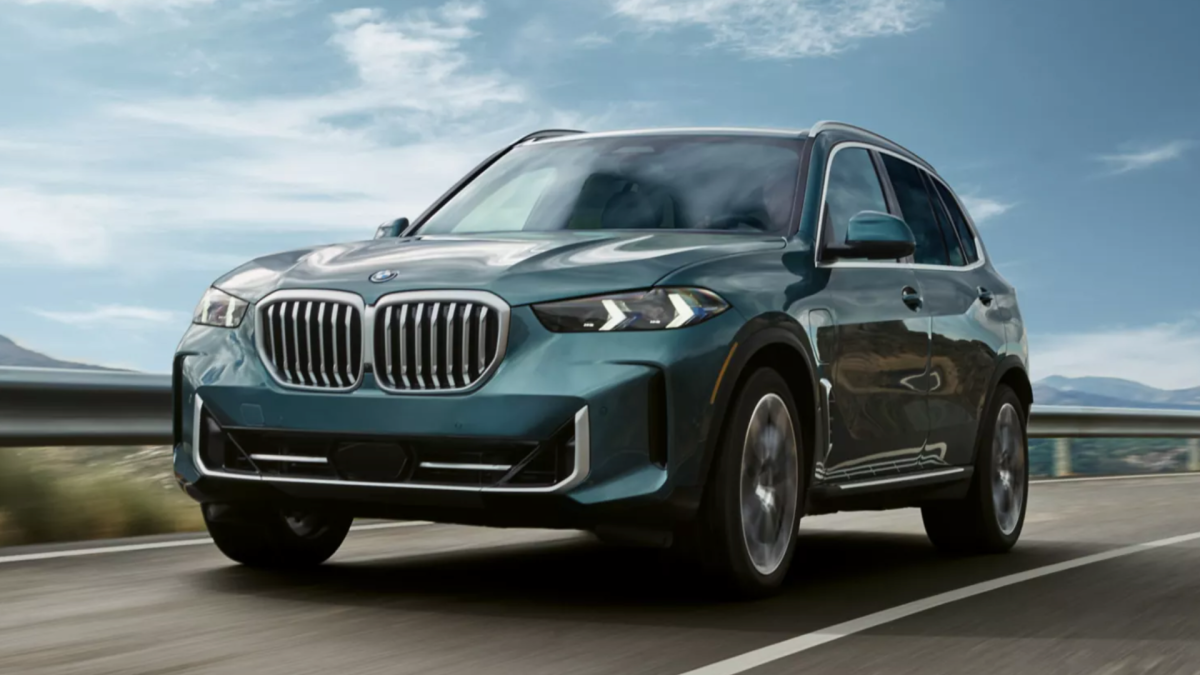
Demand Remains Strong for Power and Prestige
BMW’s eight-cylinder lineup spans everything from M cars to the upper-tier 7 Series and X SUVs, all built on the brand’s versatile CLAR platform, which supports internal combustion, hybrid, and electric configurations. Demand for V8 models in markets such as North America and the Middle East remains robust, showing that drivers still value performance, sound, and long-distance comfort over full electrification, at least for now.
That performance prestige extends to the brand’s SUV range, which continues to lead BMW’s global sales charts. Fresh incentives like lease deals for the new X5 are keeping those models attractive, blending power and luxury with more attainable financing. Likewise, other lease deals for the new X3 shows how BMW is carefully managing affordability and demand without compromising on brand identity.
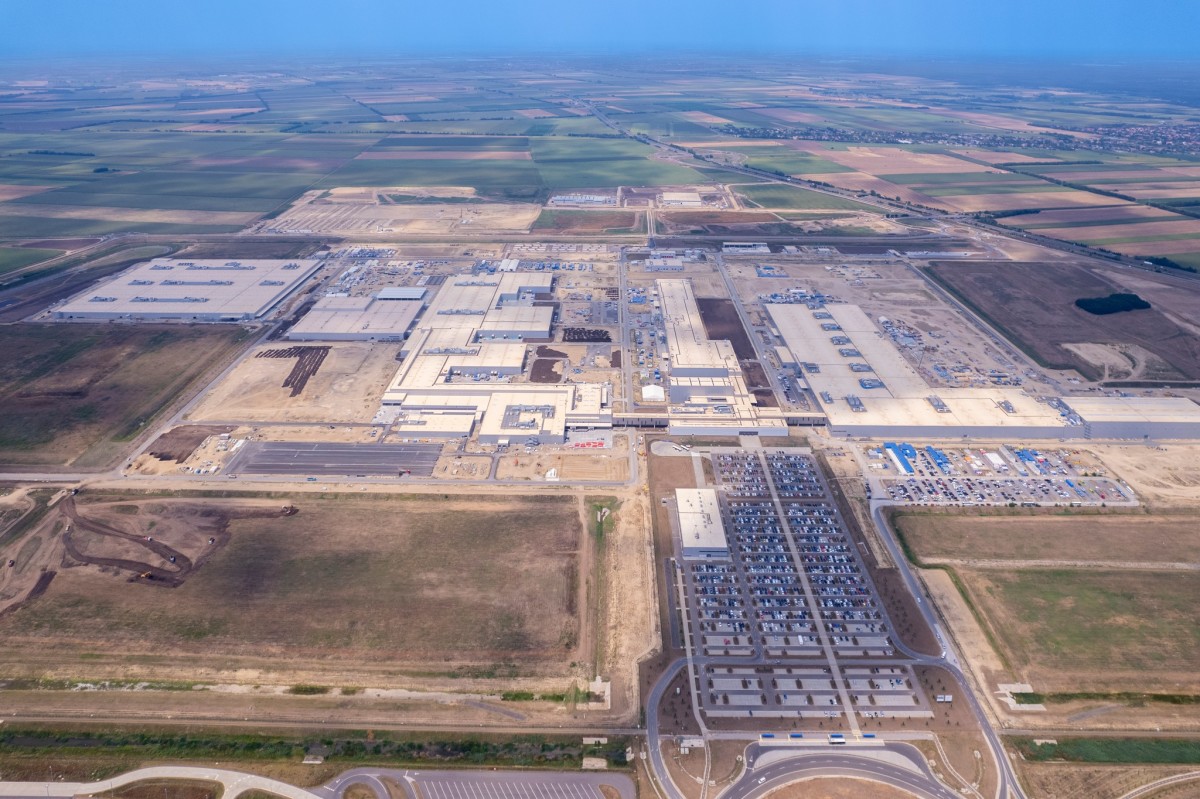
Technology Evolves Alongside Tradition
Even as V8 sales surge, BMW is preparing for a future powered by software and sustainability. Its new Debrecen plant in Hungary, represents the next step in manufacturing, built entirely on AI-driven systems and powered by renewable energy. That facility will eventually produce the upcoming “Neue Klasse” EVs, a range designed to replace internal combustion models later this decade.
By maintaining both cutting-edge EV development and traditional performance offerings, BMW is effectively hedging its future. The company has made it clear that the V8 is not being phased out overnight, instead, it’s being refined and electrified through mild-hybrid and plug-in hybrid systems to meet tightening global emissions rules.
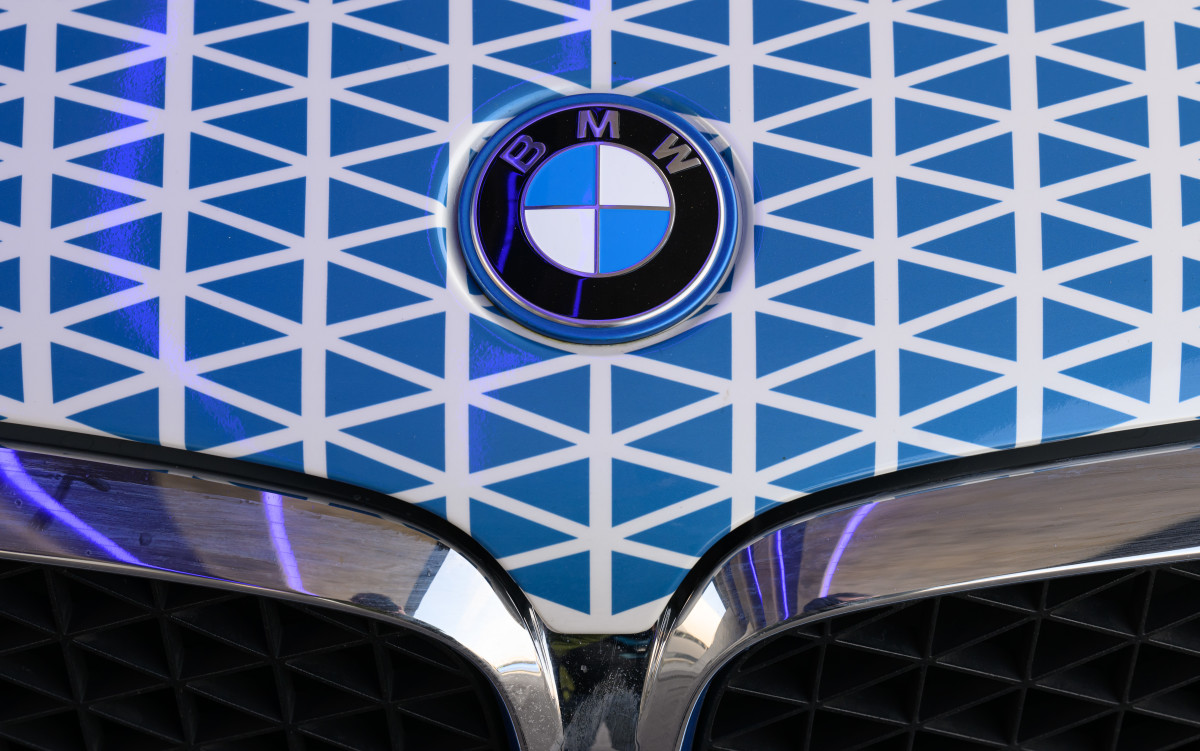
Why It Matters
BMW’s record V8 sales highlight a rare phenomenon in today’s automotive landscape, the coexistence of old-school power and next-generation innovation. While some brands have abandoned large-displacement engines entirely, BMW continues to see strong financial and emotional value in keeping them alive, for now.
As electrification expands, the V8’s days may still be numbered, but its current success underscores one thing, BMW’s customers aren’t quite ready to give up the roar of a twin-turbo eight-cylinder just yet.
